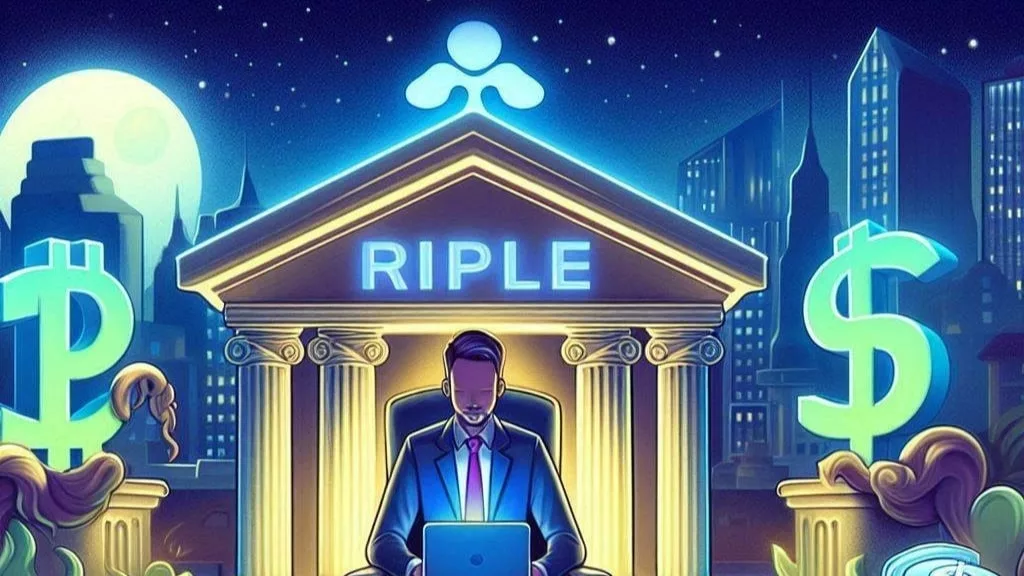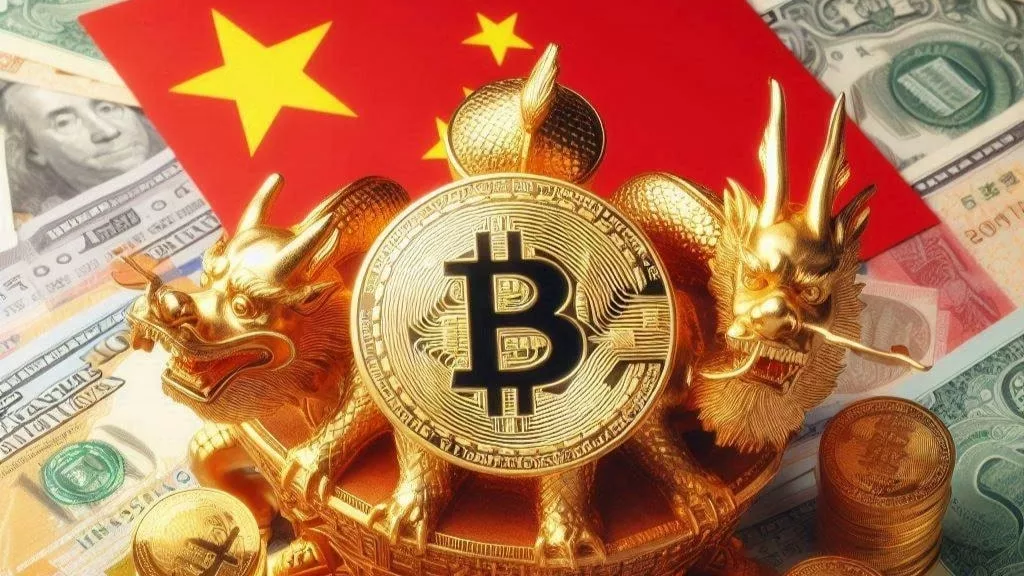
The crypto industry is entering a new phase of maturity as several major firms are now pushing to obtain U.S. bank charters. These banking licenses would allow them to offer more traditional financial services, tap into the Federal Reserve’s payment infrastructure, and operate under clearer regulatory oversight. Companies like Circle, BitGo, Coinbase, and Paxos are among the names exploring this avenue, hoping to secure long-term stability and legitimacy in a market still shaped by regulatory uncertainty.
The move comes at a pivotal moment, as U.S. regulators work to define policies for digital assets, particularly stablecoins. The crypto industry, which has long operated in a somewhat grey legal zone, is seeing signs of greater governmental engagement. Federal Reserve Chair Jerome Powell recently highlighted the importance of building a regulatory framework for stablecoins, emphasizing the urgency of the matter.
For crypto firms, obtaining a bank charter would mark a major evolution in their business models. A license would allow them to operate more like traditional banks, taking deposits and offering broader financial services. Access to the Fed’s payment rails would enhance transaction speed and reliability, while regulatory recognition would offer a layer of trust often missing in decentralized finance. This step also reduces reliance on third-party banks, something that has proven risky for crypto exchanges in the past.
Despite the appeal, the process of becoming a licensed bank is highly demanding. Applicants face significant financial, operational, and legal hurdles. They must prove their business models are sound, demonstrate robust risk management systems, and satisfy strict anti-money laundering and customer protection regulations. Setting up the infrastructure to meet these expectations can require tens of millions of dollars and a lengthy approval process.
Interestingly, Ripple—long viewed as one of the crypto firms most aligned with traditional finance—has not joined the race for a banking license. This omission surprised many in the space, including attorney John Deaton, a well-known advocate for XRP and its holders. Deaton expressed his surprise publicly, pointing to Ripple’s extensive integration into banking systems and recent high-profile acquisitions like the $1.25 billion purchase of Hidden Road, a prime brokerage platform.
Ripple’s decision not to pursue a license, at least for now, could be influenced by its ongoing legal battle with the U.S. Securities and Exchange Commission. While a recent court ruling to pause proceedings suggests a potential settlement, the company may be waiting for complete legal clarity before committing to a banking framework. Still, many expected Ripple to be a frontrunner in this trend, given its stated goal of bridging traditional finance with blockchain.
Meanwhile, market sentiment surrounding Ripple’s XRP token remains cautiously optimistic. At the time of writing, XRP was trading at $2.22, up slightly from the previous session. This minor uptick comes amid a broader wave of positivity in the crypto market, with total market capitalization approaching $2.76 trillion.
In summary, as crypto firms increasingly seek formal recognition through U.S. bank charters, Ripple’s absence from this trend raises important questions about its current priorities and long-term regulatory strategy. With the industry evolving rapidly and regulators beginning to clarify expectations, the race for legitimacy is well underway—and Ripple may yet choose to join it when the timing is right.



Get the latest Crypto & Blockchain News in your inbox.